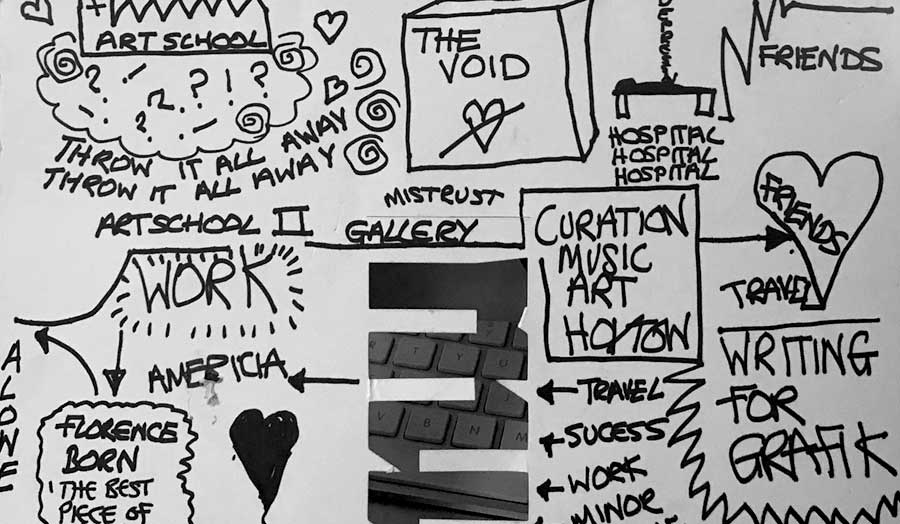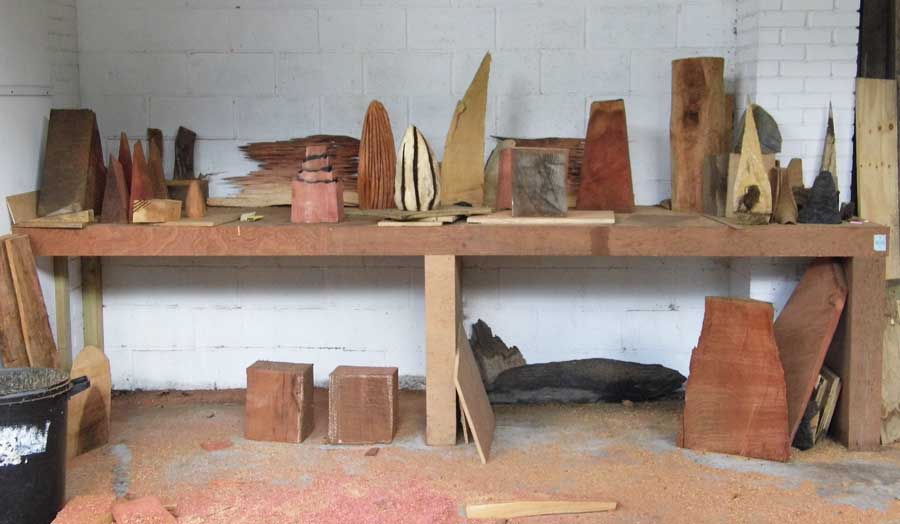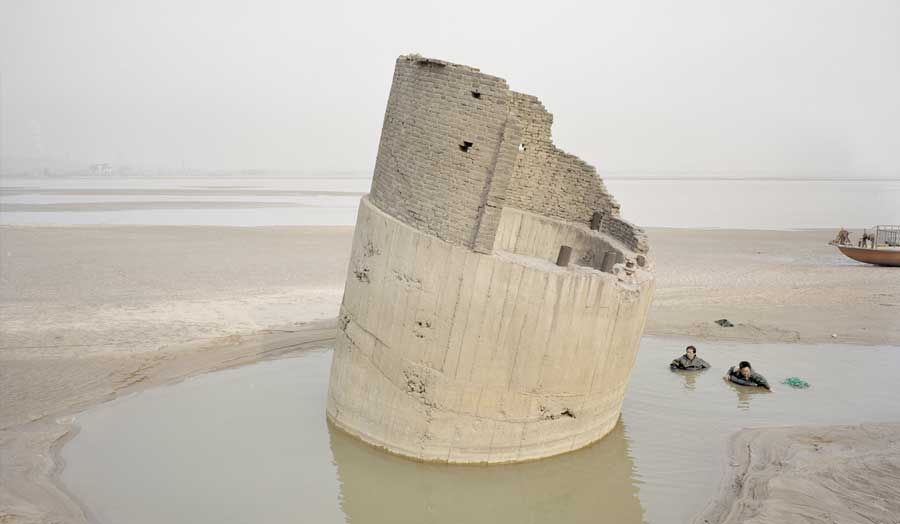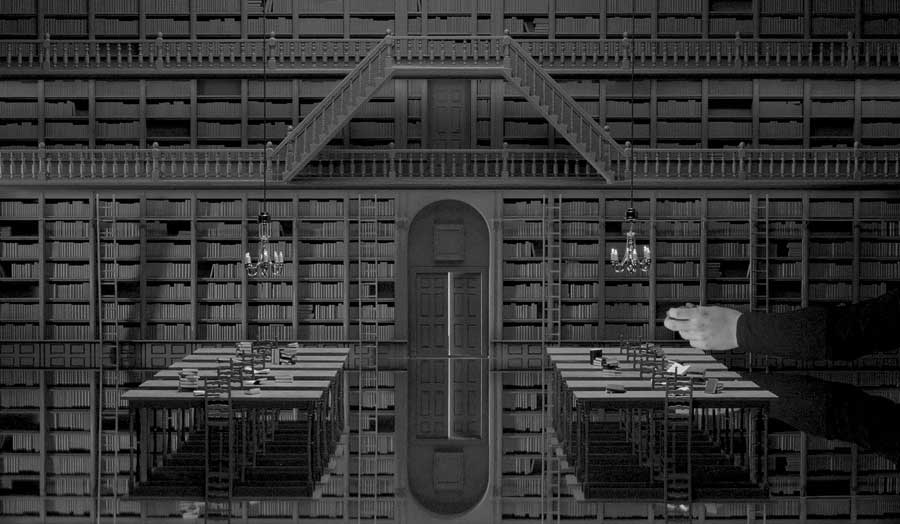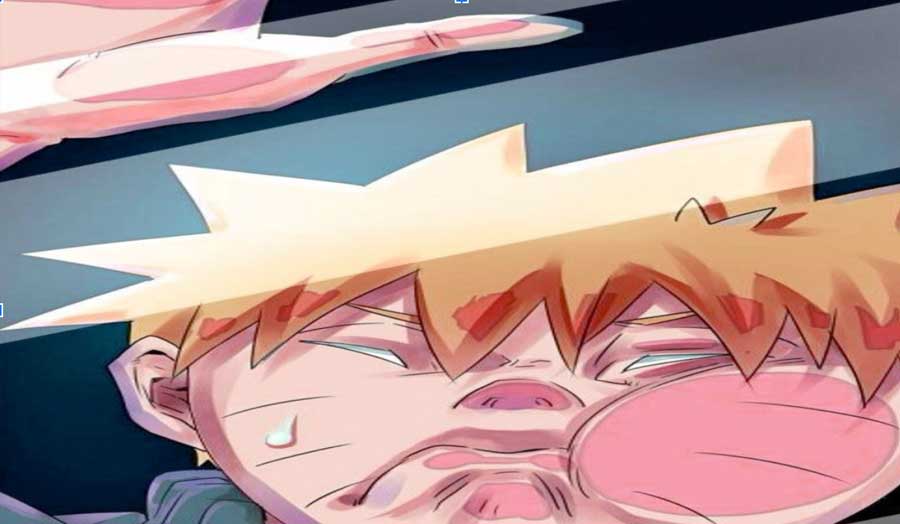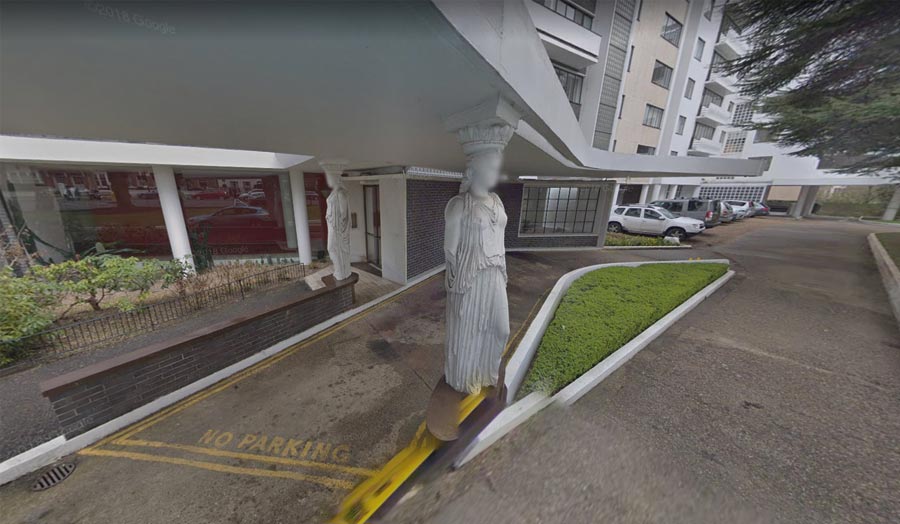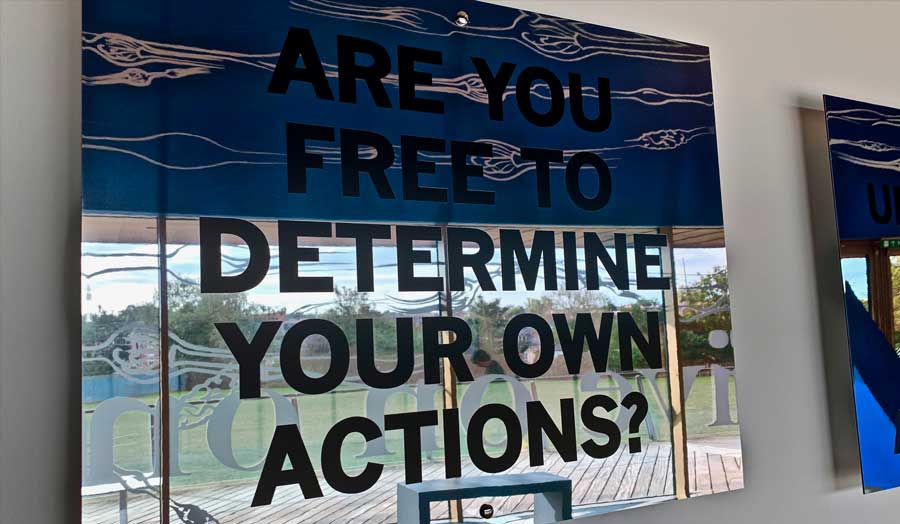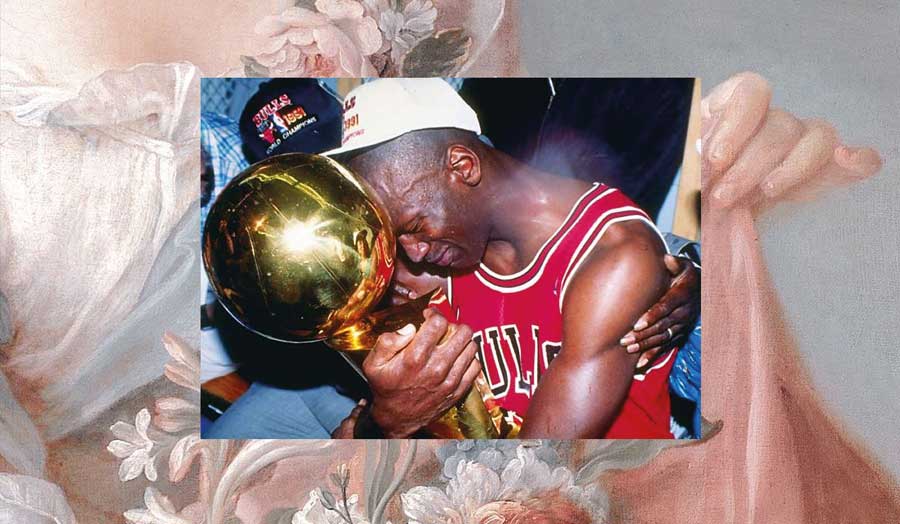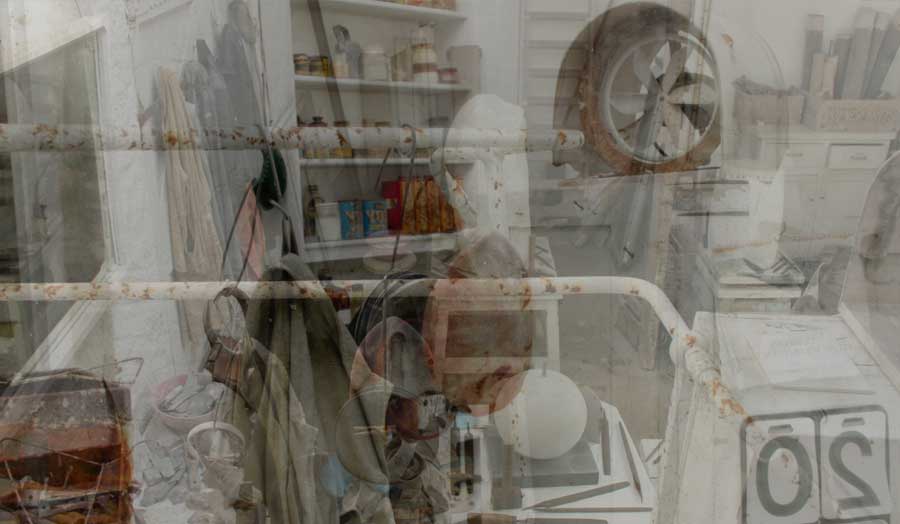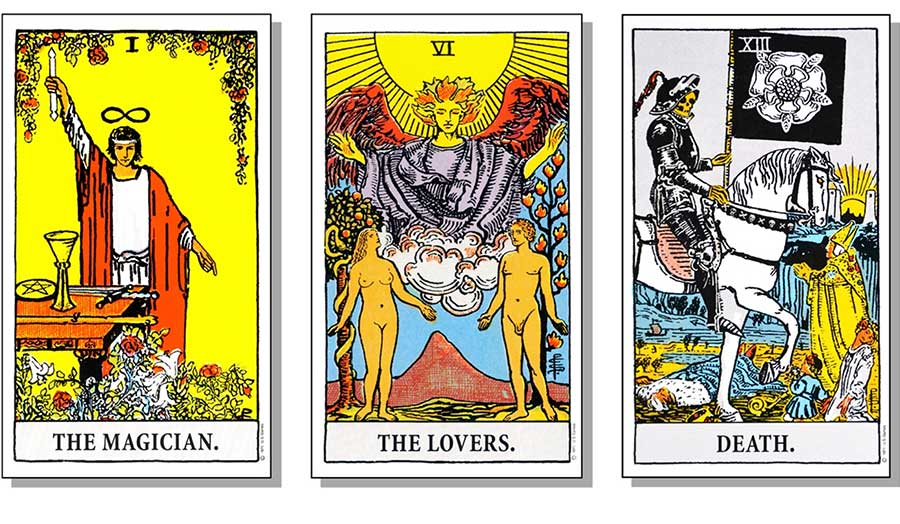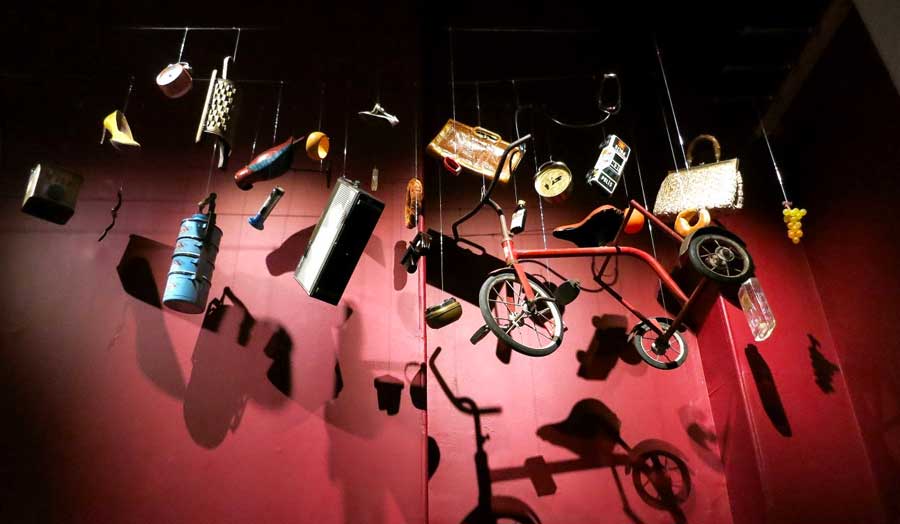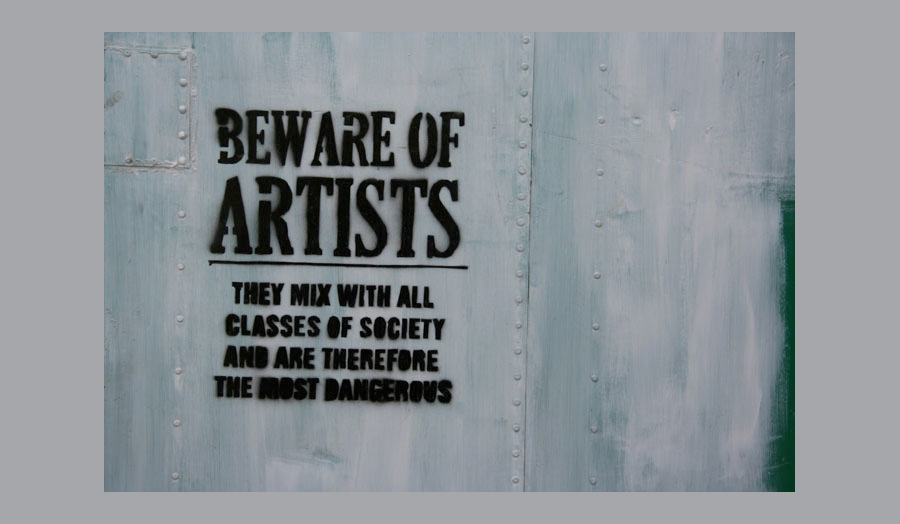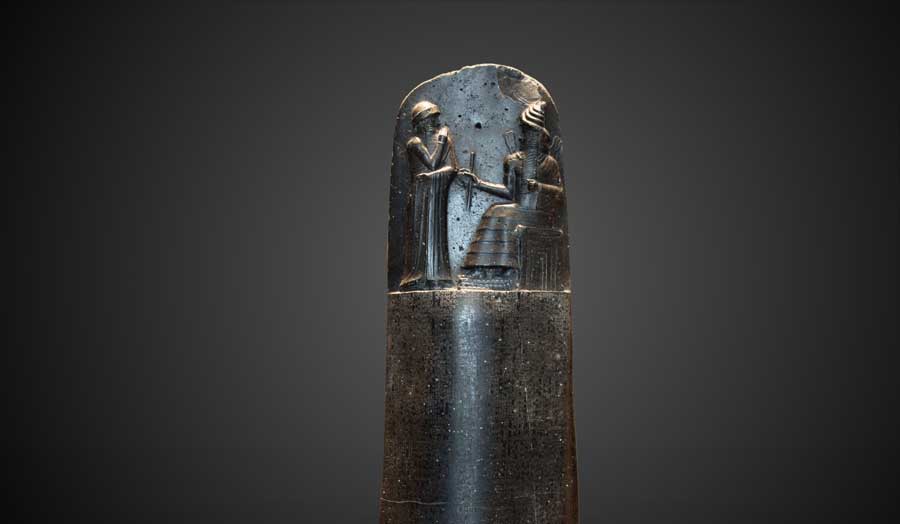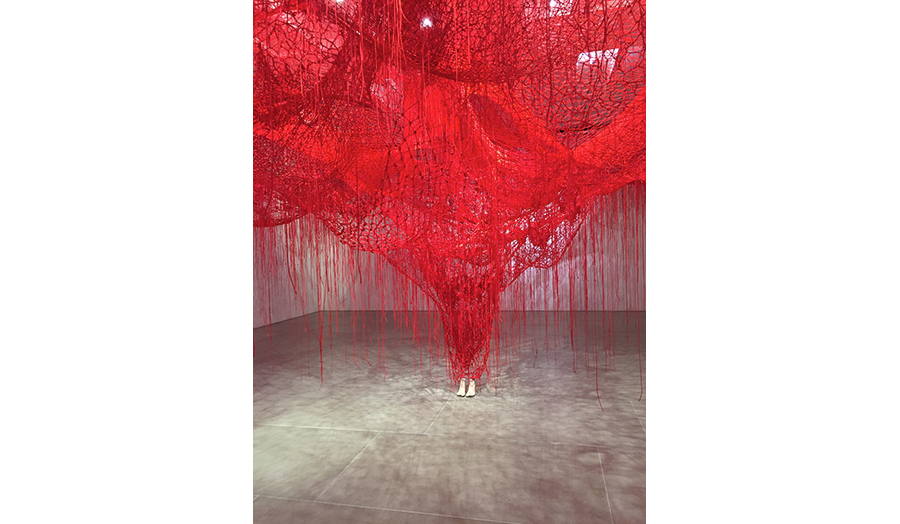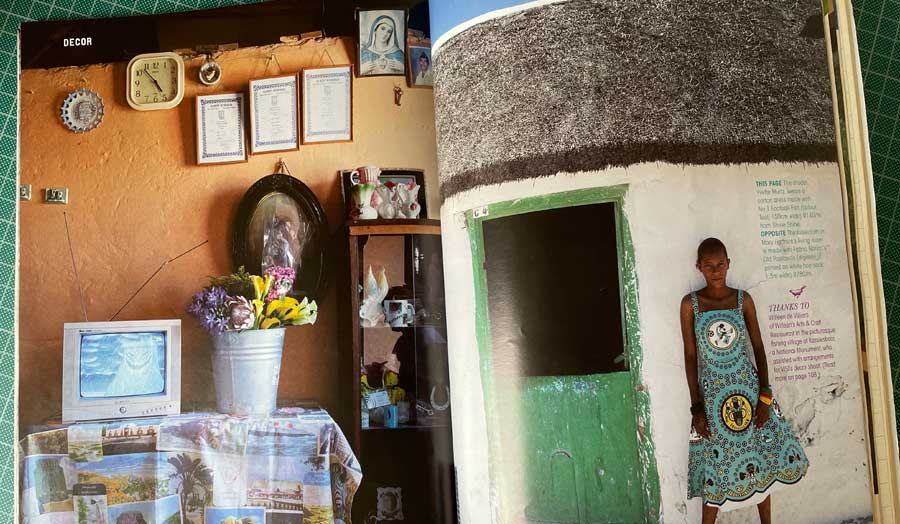Joseph Kohlmaier
In a seminal book written in 1964 – Gesture and Speech – French archaeologist André Leroi-Gourhan suggested that for millions of years, human culture and technology must have evolved entirely without complex language, rational planning or abstract thought. Instead, mankind seems to have progressed in a rhythmic state, gently moving along, animated by continuous and endlessly repeating performances of what the author calls "embodied minds in dialogue with the material affordances of their environment."
In today’s networked, hyper-organised and satellite-encircled world, where knowledge and information is stored and shared everywhere and in a myriad of forms, where people in distant places appear to speak to us in real time from our computer screens, stockmarkets crash, drones conduct warfare, and politics plays out on TikTok, this kind of ‘immediate’ experience – an existence without instant communication, not shaped by our intellect and will, is hard to imagine. Yet at the same time, the longer we look on from a distance and watch the global hive make its acrobatic turns, like a million of synchronised swimmers, the more plausible it seems.
Listening to some of the most urgent, radical and provocative voices of the present and recent past, Studio 10 explores the strange space between individual and collective, ‘ecological’ action. It embraces the idea that we think, remember and decide in the world, rather than in our heads; that we are connected in unexpected ways; and that this connection may be a key to navigating life in an increasingly paradox present.
True to its premise, the Studio sees writing as an expanded field of experimental acts in which ideas materialise not through reasoning, but répétition (practice) and manipulating ideas to see what may emerge – like philosophical play. It encourages unorthodox approaches to research and promotes the notion that our imagination has as a counterpart in, and is activated by material and formal expression – writing essays in the form of maps, and apparatuses, text as structure and place.
Selected readings
- Agamben, Giorgio, Homo Sacer. Sovereign Power and Bare Life, trans. by Daniel Heller-Roazen (Stanford, Calif.: Stanford University Press, 1998)
- André Leroi-Gourhan, Gesture and Speech (MIT Press, 1993)
- Barad, Karen, ‘Posthumanist Performativity: Toward an Understanding of How Matter Comes to Matter’, Signs, 28.3 (2003), 801–31
- Bennett, Jane, Vibrant Matter: A Political Ecology of Things (London: Duke University Press, 2010)
- Cioran, Emil, The Trouble with Being Born (Seaver Books, 1986)
- Fanon, Franz, The Wretched of the Earth (London: Penguin Books, 1967)
- Flusser, Vilém, and Louis Bec, Vampyrotheutis Infernalis: A Treatise, with a Report by the Institut Scientifique de Recherche Paranaturaliste (Minneapolis, Minn. and London: University of Minnesota Press, 2012)
- Freire, Paulo, Pedagogy of the Oppressed (London: Continuum, 1970)
- Haraway, Donna J., Staying with the Trouble: Making Kin in the Chthulucene (Durham: Duke University Press Books, 2016)
- Hayles, N. Katherine, Unthought (Chicago: University of Chicago Press, 2017)
- Heidegger, Martin, Poetry, Language, Thought (New York: Harper & Row, 1975)
- Kohn, Eduardo, How Forests Think: Toward an Anthropology beyond the Human / Eduardo Kohn.(Berkeley: University of California Press, 2013)
- Latour, Bruno, Reassembling The Social: An Introduction To Actor-Network-Theory (Oxford: Oxford University Press, 2005)
- Lowenhaupt Tsing, Anna, The Mushroom at the End of the World (Princeton University Press, 2015)
- María Lugones, Pilgrimagess (Maryland: Rowman and Littlefield, 2003)
- Thom Van Dooren, Flight Ways: Life and Loss at the Edge of Extinction, Critical Perspectives on Animals. Theory, Culture, Science, and Law (New York: Columbia University Press, 2014, 2014)
- Timothy Morton author, Being Ecological (London: Pelican, 2018)
- Tomlinson, Gary, A Million Years of Music: The Emergence of Human Modernity (New York: Zone Books, 2015)
- Valéry, Paul, ‘Course in Poetics: First Lesson’, in The Creative Process, by Brewster Ghiselin (New York: New American Library of World Literature, 1955), pp. 92–106
- Warburg, Aby, ‘A Lecture on Serpent Ritual’, Journal of the Warburg Institute, 2.4 (1939), 277–292
*
Studio image: Li Binyuan, Drawing Board 100 x 40, 2017. Banner: Hans Op de Beeck, Staging Silence (3), video still (detail), 2019
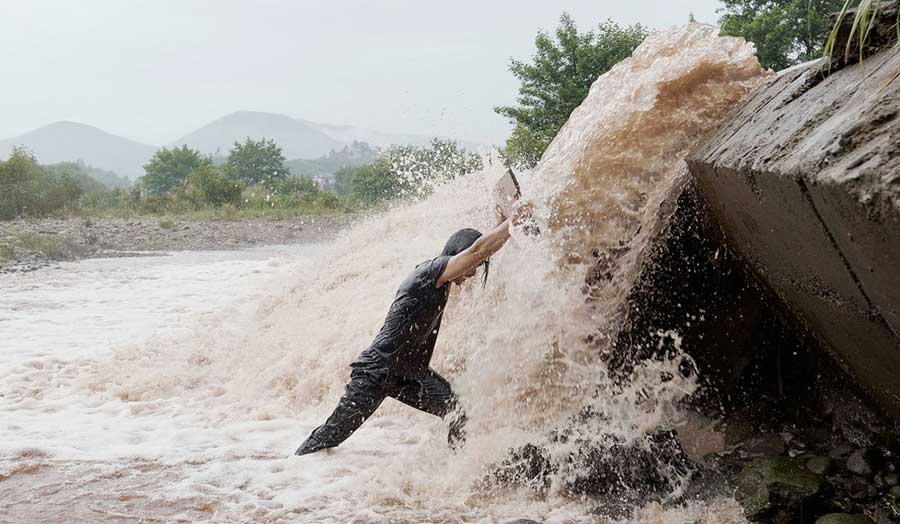
Details
| Tutor | Joseph Kohlmaier |
|---|

-(1)-(1)-(1).jpg)
